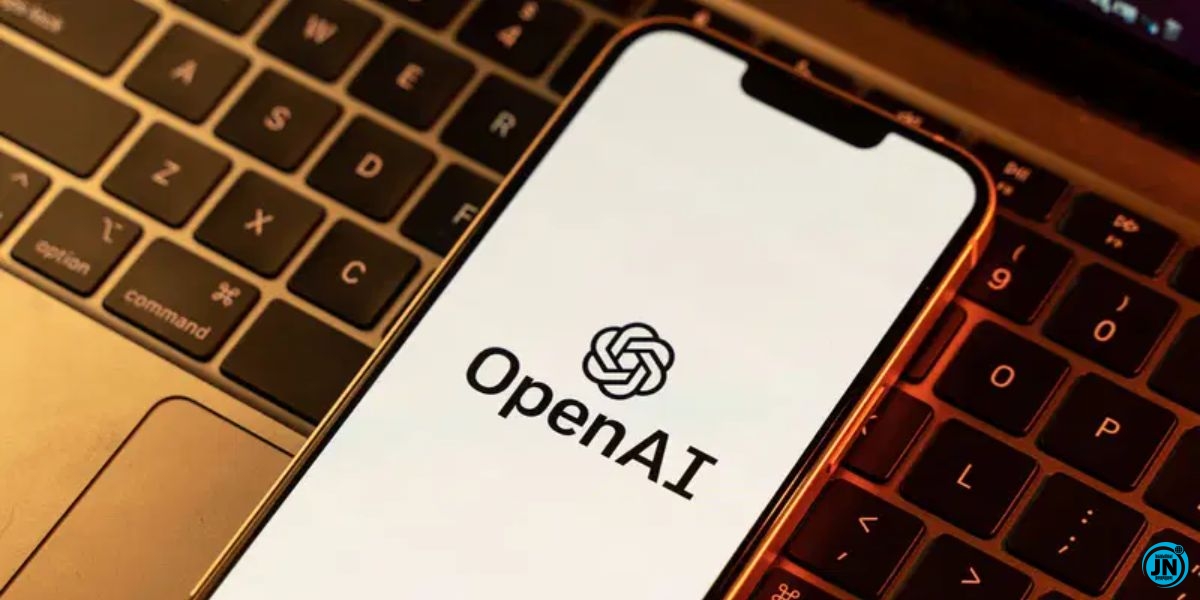
OpenAI has officially rejected an acquisition bid from billionaire entrepreneur Elon Musk, who offered to buy the artificial intelligence company for a staggering $97.4 billion. The company’s board firmly stated that OpenAI is not for sale, reinforcing its commitment to maintaining its current operational model and mission.
In a statement, OpenAI’s Board Chairman, Bret Taylor, confirmed that the board unanimously dismissed Musk’s offer, emphasizing that the move was seen as an attempt to disrupt competition within the AI sector. Taylor made it clear that OpenAI remains dedicated to its long-term vision and will not be swayed by external business interests.
“OpenAI is not for sale, and the board has unanimously rejected Mr. Musk’s latest attempt to disrupt his competition,” Taylor stated on Friday.
He further elaborated on OpenAI’s stance, explaining that any future changes within the company would be aimed at strengthening its nonprofit foundation and ensuring that artificial general intelligence (AGI) benefits humanity at large. He emphasized that OpenAI’s primary focus is on technological advancement for the greater good rather than maximizing corporate profits.
Meanwhile, Elon Musk had previously filed court documents on Wednesday, stating that he would consider withdrawing his bid to purchase OpenAI if the company agreed to return to its original nonprofit “charity” model. This legal maneuver underscored the ongoing disputes between Musk and OpenAI’s leadership regarding the direction of AI development.
Currently, OpenAI operates under a hybrid structure, functioning as a nonprofit organization with a for-profit subsidiary that helps fund its research and expansion. The shift towards a profit-driven model—championed by OpenAI’s CEO, Sam Altman—has been a major point of contention, particularly between Altman and Musk, who believes that AI should remain under nonprofit governance.
It is worth noting that Musk and Altman were among the 11 founding members of OpenAI in 2015, with Musk contributing an initial investment of $45 million. At the time, the company was established with the goal of developing safe and ethical artificial intelligence for the benefit of humanity.
However, three years later, in 2018, Musk resigned from OpenAI’s board. The organization cited “a potential future conflict for Elon” as the reason for his departure, explaining that Tesla—one of Musk’s key ventures—was increasingly focusing on artificial intelligence, leading to potential competitive overlaps with OpenAI.
Since his exit, Musk has remained vocal about his disagreements with OpenAI’s direction. In early 2023, he launched his own artificial intelligence company, xAI, as a direct competitor to OpenAI. This move followed OpenAI’s surge in global recognition, particularly after the groundbreaking success of its AI models, including ChatGPT.
The ongoing tension between Musk and OpenAI has drawn significant attention within the tech industry, as it highlights deeper debates over AI governance, ethics, and commercialization. While OpenAI insists on maintaining its course, Musk continues to advocate for an alternative approach that aligns with his own vision for artificial intelligence.
As discussions around AI regulation and development continue to evolve, the rejection of Musk’s bid solidifies OpenAI’s independence and reinforces its commitment to advancing artificial intelligence while upholding its mission to benefit humanity.

